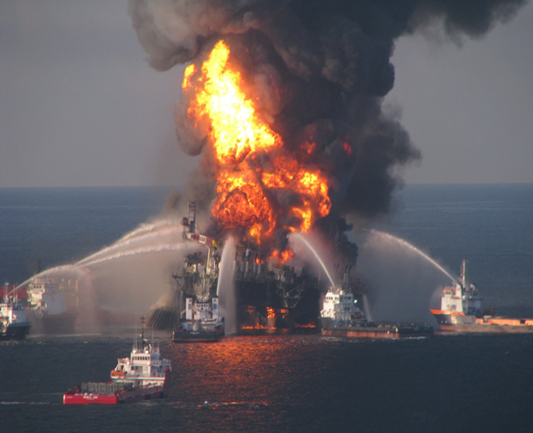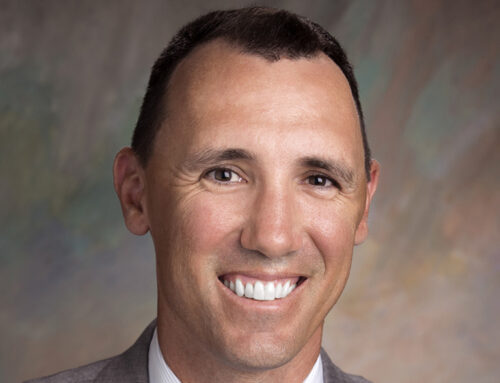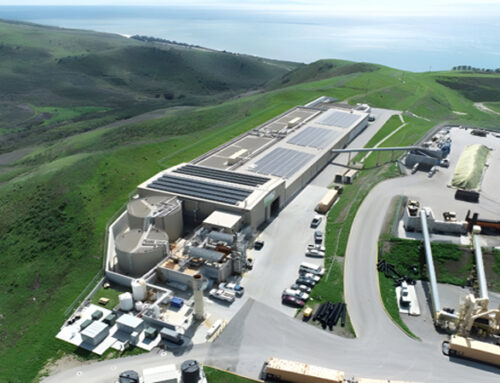Los Angeles Daily Journal, January 17, 2018
When will America learn that offshore drilling in the waters off our coast is a disaster certain to happen again?
Just when it seemed our nation was finally coming to its senses about the pristine nature of our coastal waters; just as the world was beginning to reduce its dependence on oil; we take two giant steps back. The recent announcement from the Trump administration’s Interior Department that it intends to allow oil exploration and new drilling by energy companies off the country’s coastlines is a step into the polluted past.
I’ve seen firsthand the devastation of an offshore oil spill. As a young lawyer (the city attorney for the city of Santa Barbara), I was the lead trial counsel against Union Oil, Mobil, Gulf and Texaco for the massive 1969 Santa Barbara Channel oil spill. After years of litigation, the oil giants eventually settled the case for $9.45 million in 1974, the equivalent to over $150 million today. At the time, we had no environmental regulations. In fact, there was no Environmental Protection Agency. The spill unleashed the environmental movement and Earth Day was launched.
It is the environmental and economic consequences of offshore oil drilling that makes it unacceptable. Because of the Santa Barbara spill, new oil exploration leases along the California coast have been off-limits for more than 40 years.
After the Santa Barbara Channel oil spill, I vowed to fight with all the tools available to me and my allies to prevent even one more oil platform in the Santa Barbara Channel.
But even after the Santa Barbara spill and the 2010 British Petroleum Deepwater Horizon oil spill (the worst environment disaster in the country’s history, spilling over 200 million gallons of crude in the Gulf of Mexico, killing 14 oil workers), there are those who want to revert to the insanity of the “drill baby drill” days.
Don’t expect for a minute that somehow oil drilling will be safer this time than in the past. The oil companies don’t learn because shortcuts are profitable. At some point, a human error will occur, safety measures will be ignored or equipment will fail.
It was déjà vu all over again in Santa Barbara in May of 2015, after years of Plains All American Pipeline skimping on safety and equipment upgrades, when a pipeline ruptured and spilled oil into the Santa Barbara Channel. The environment, coastal economy and livelihoods were damaged.
When the Plains pipeline was approved in 1988, Plains’ predecessor refused to install an automatic shut-off valve system on the pipeline to ensure that it would shut down swiftly at the first sign of a problem. It also refused to allow county officials to inspect the safety of the pipeline. The disregard for safety wasn’t connected with only this one pipeline. When Plains took over, it was more of the same recklessness; Plains has been cited for more than 175 violations of safety requirements, which have caused tens of millions of dollars in property damage. Eleven of those incidents were in California.
Unlike Florida, which managed to get an exception from the new oil-drilling mandate, California’s coast is in the crosshairs. Thankfully, there may be some ways that California can counter the federal push to drill.
Five of the Channel Islands just off the Ventura and Santa Barbara coast are a national park (consisting of almost 250,000 acres of land, half of which are underwater). Drilling in the park is prohibited, and anywhere else in the Santa Barbara Channel would be seriously adverse.
If the new Interior Department’s oil and drilling guidelines are adopted and they try to approve new drilling off the California coast, years of litigation will ensue. The environmental impact reports required before drilling can begin would be so massive, and the safety requirements which would need to be imposed would be so onerous, that the oil companies hopefully will realize they need to find opportunities elsewhere.
Why? Because the oil will be too expensive, and the risk of billions of dollars of damages combined with the political fallout will be untenable.
Instead of pushing for alternative, sustainable and clean energy, the Trump administration is playing Russian roulette with Mother Nature. It’s not going to end well for those who love the beauty and serenity of the ocean, its beaches and its animals and fish.




